 PHOTOS
PHOTOSWhite House Scandals! 9 U.S. Presidents Who Faced Controversies Before and During Their Time in Office
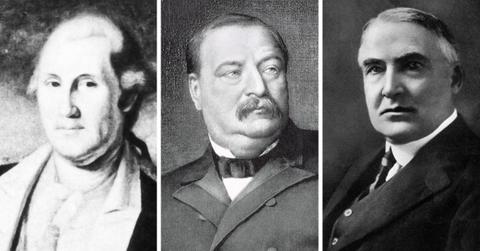
The presidency has been marked by accusations of womanizing, boozing, corruption, treason and other broken laws — that, for the most part, were covered up.
Dec. 25 2024, Published 11:00 a.m. ET
George Washington
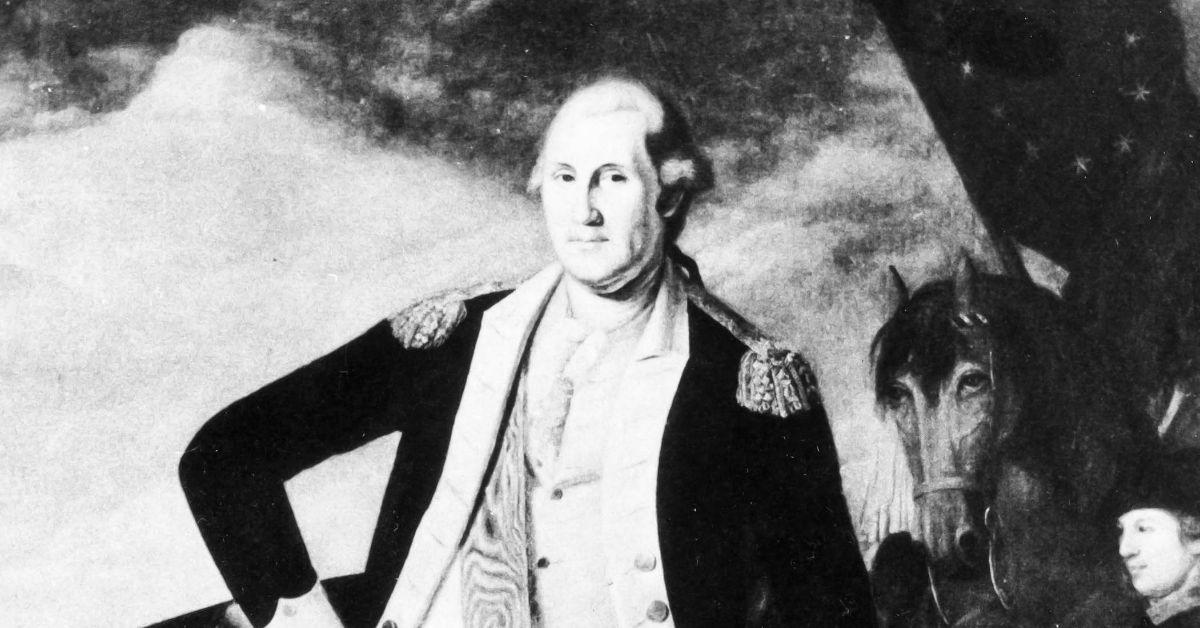
The very first president naturally had the first scandals!
George Washington couldn't get away from rumors and accusations that he had multiple children out of wedlock.
The Jay Treaty was a treaty signed in 1794 between the U.S. government and Great Britain that helped establish a firmer peace between the two countries. The treaty gave England favored trading status and greatly angered France, the ally of the U.S., and led to splits among politicians and accusations of treason.
Andrew Jackson
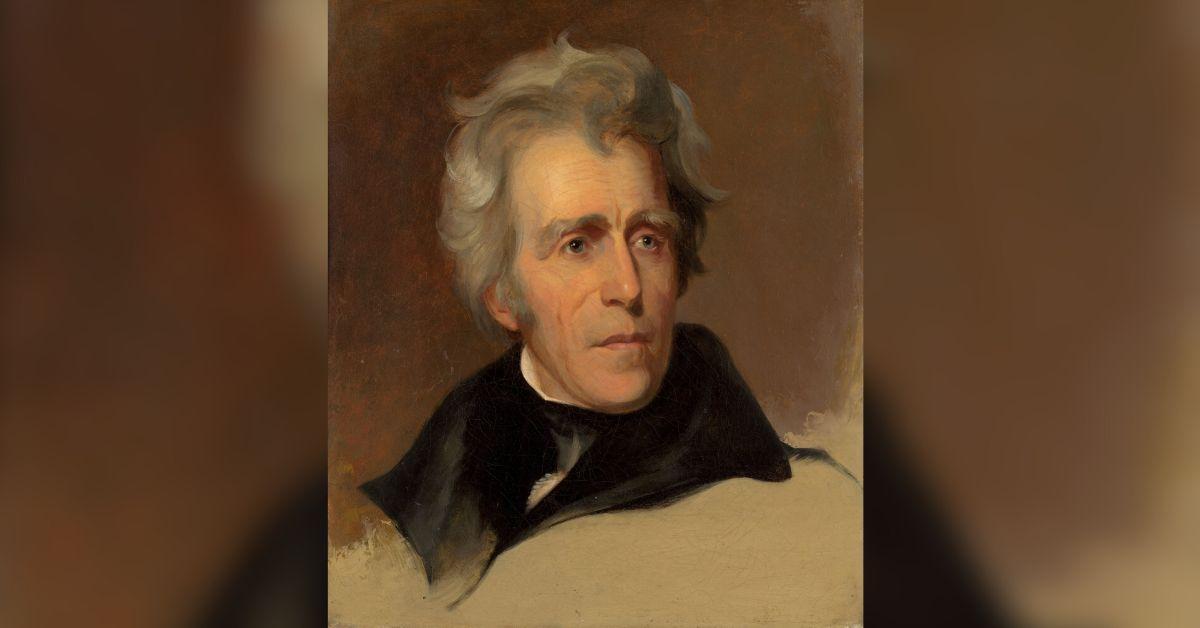
On May 30, 1806, future president Andrew Jackson nearly died in a duel when he killed his opponent, a fellow plantation owner. Dueling was technically illegal in the United States, but prominent government leaders engaged in the practice.
One of Jackson's most famous duels was with Charles Dickinson, who had insulted Jackson's wife. He survived the bullet from Dickinson, but Jackson shot and killed him.
Many American voters called him a murderer and wouldn't vote for him during the brutal 1828 election campaign.
Theodore Roosevelt
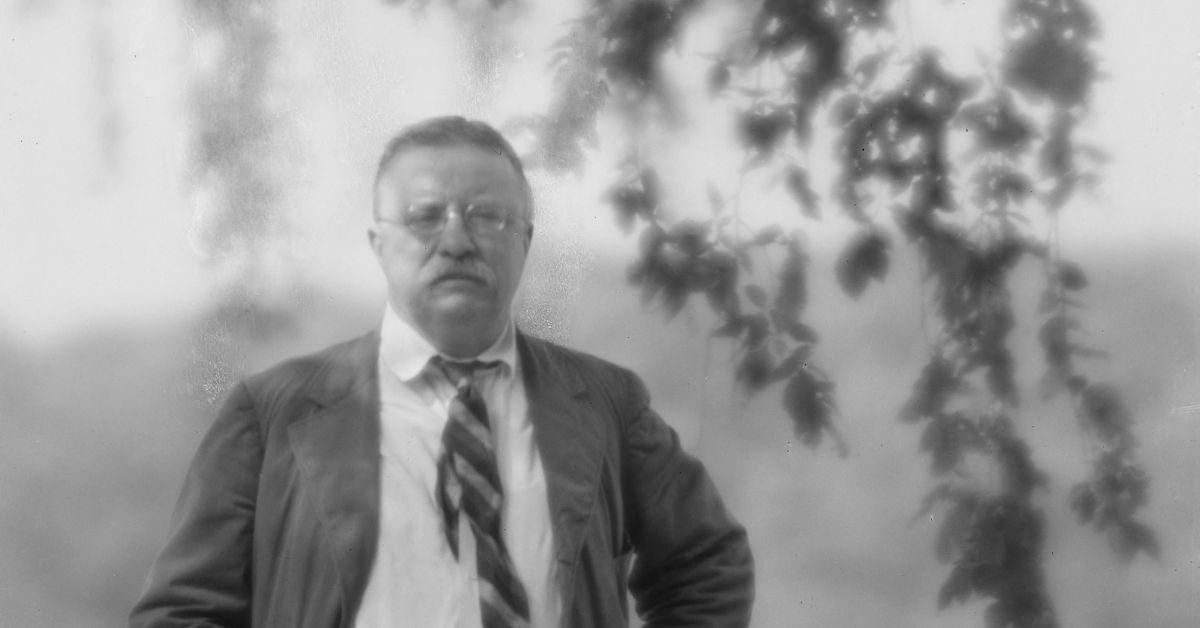
The 26th president found himself publicly shamed for failing to pay New York personal property taxes. Still worse, the scandal erupted as Theodore Roosevelt was launching his campaign for New York governor, nearly ending the bid before it began!
"I hated to have any combination of incidents make me look for a moment as if I were doing something shifty," he wrote to his good friend Henry Cabot Lodge. Oops!
Dwight D. Eisenhower
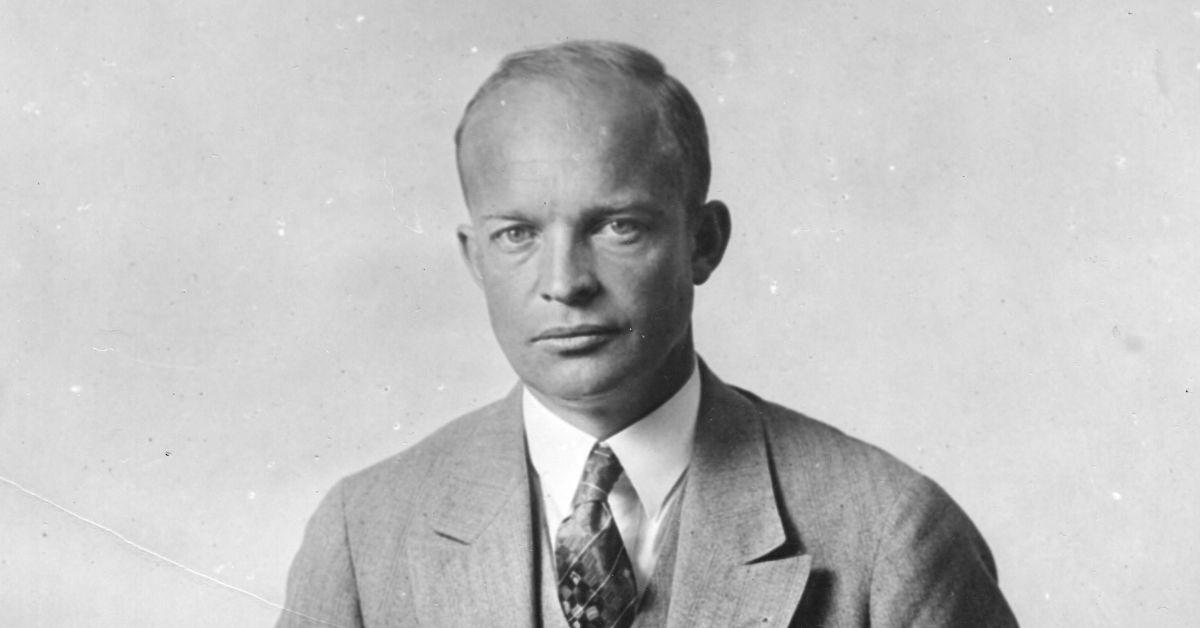
The World War II hero fought another kind of battle over his mistress, British Army driver Kay Summersby. A pretty brunette, Summersby took on the job as the general's personal secretary after her own fiancé died, and Dwight D. Eisenhower was said to be so smitten with her that he wanted to divorce his wife, Mamie.
But Ike's superior, General George Marshall, threatened to run him out of the military if he went through with it. So Dwight went home to Mamie and eventually became the nation's 34th president.
Lyndon B. Johnson
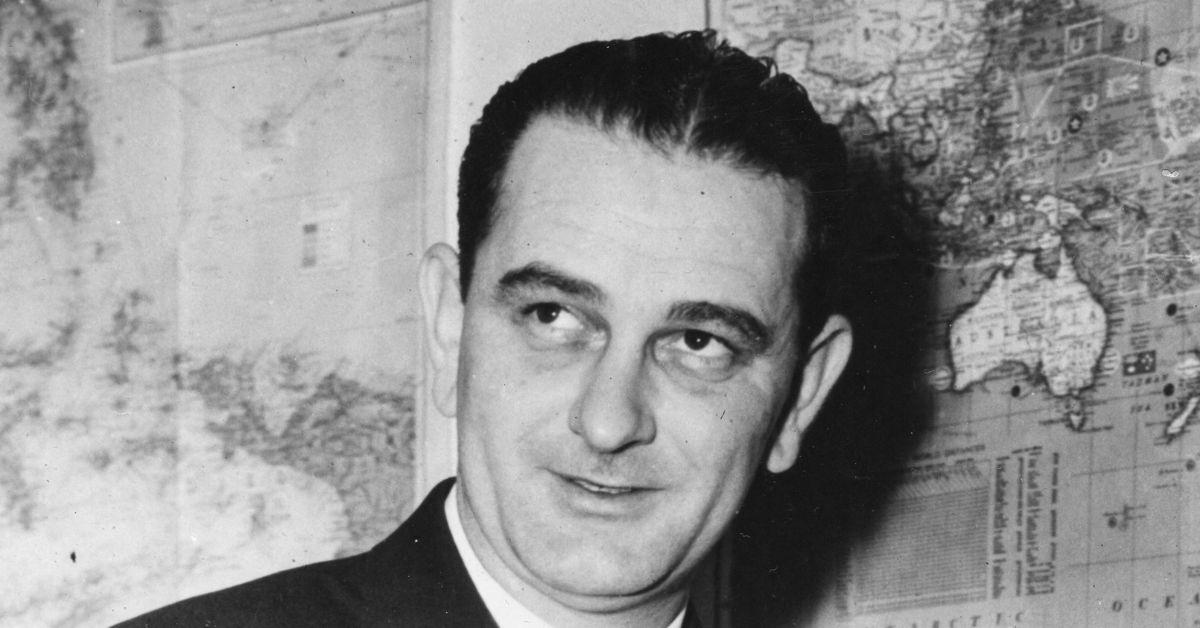
Want OK! each day? Sign up here!
The lanky Texan, who became president after John F. Kennedy's 1963 assassination, once boasted he "had more women by accident than Kennedy ever had on purpose."
In 1982, nine years after Lyndon B. Johnson's death, Dallas woman Madeleine Duncan Brown claimed she'd had an affair with him from 1948 through his White House years. After she bore a son named Steven in 1950, Johnson gave her a house with a maid.
Warren G. Harding
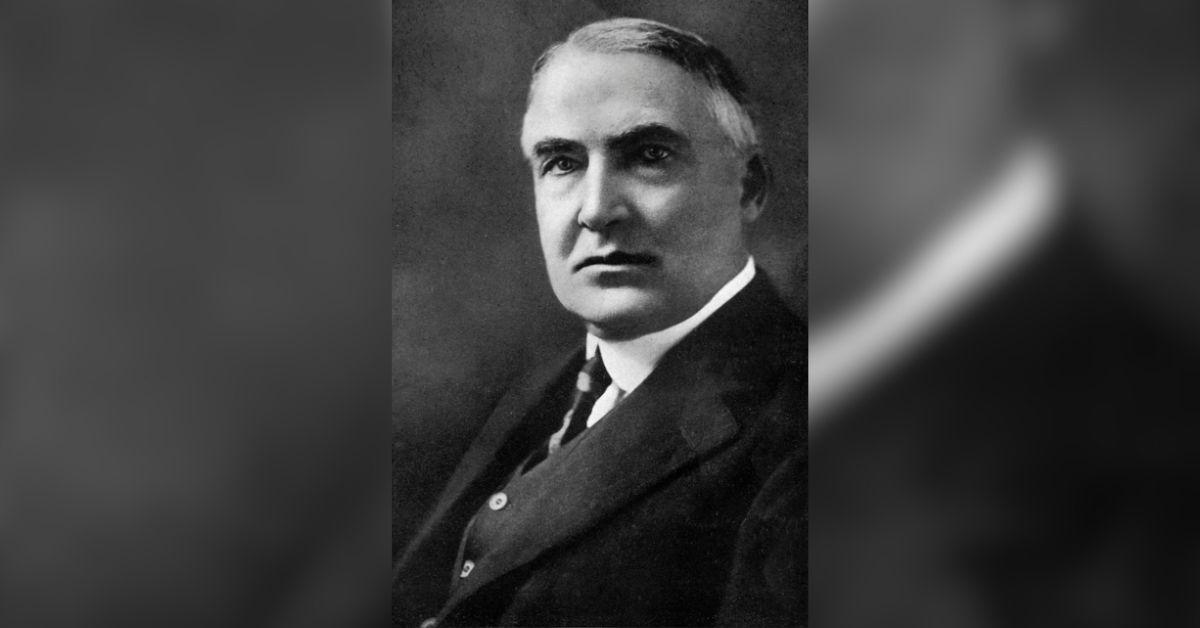
The 29th president's administration was awash in scandals, including kickbacks, extortion, bootleg boozing, serial adultery and at least two illegitimate children!
Warren G. Harding, a Republican from Ohio carried on a 15-year affair with a woman named Carrie Phillips, a friend's wife, penning steamy love letters to her in which he referred to his manhood as "Jerry."
He died in office of a heart attack in August 1923 at age 57. Rumors persist that he was poisoned by his long-suffering wife, Florence Harding.
James Buchanan
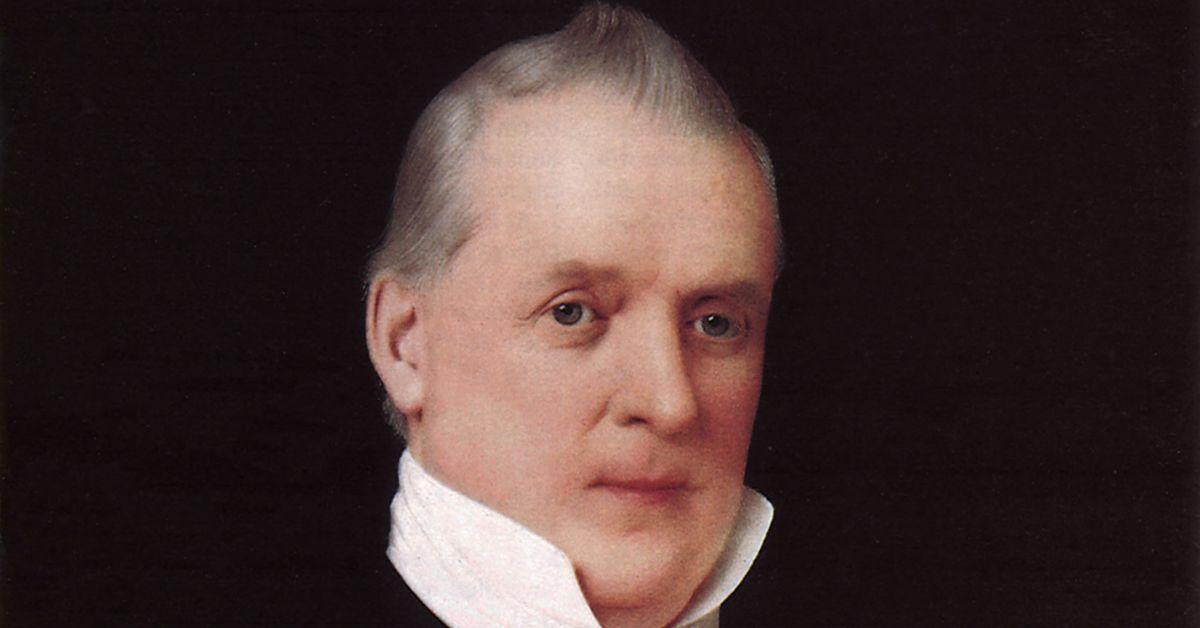
The president from 1857 to 1861, James Buchanan was the only bachelor commander-in-chief and probably the first g-- one.
Before Buchanan won the White House, his roommate for 15 years was politician William Rufus King. Andrew Jackson nicknamed the two "Miss Nancy" and "Aunt Fancy." Another top politician was more blunt — calling King "Buchanan's wife."
The intimate letters between the two men were so shocking and scandalous, Buchanan ordered his kin to destroy them all after his death.
Grover Cleveland
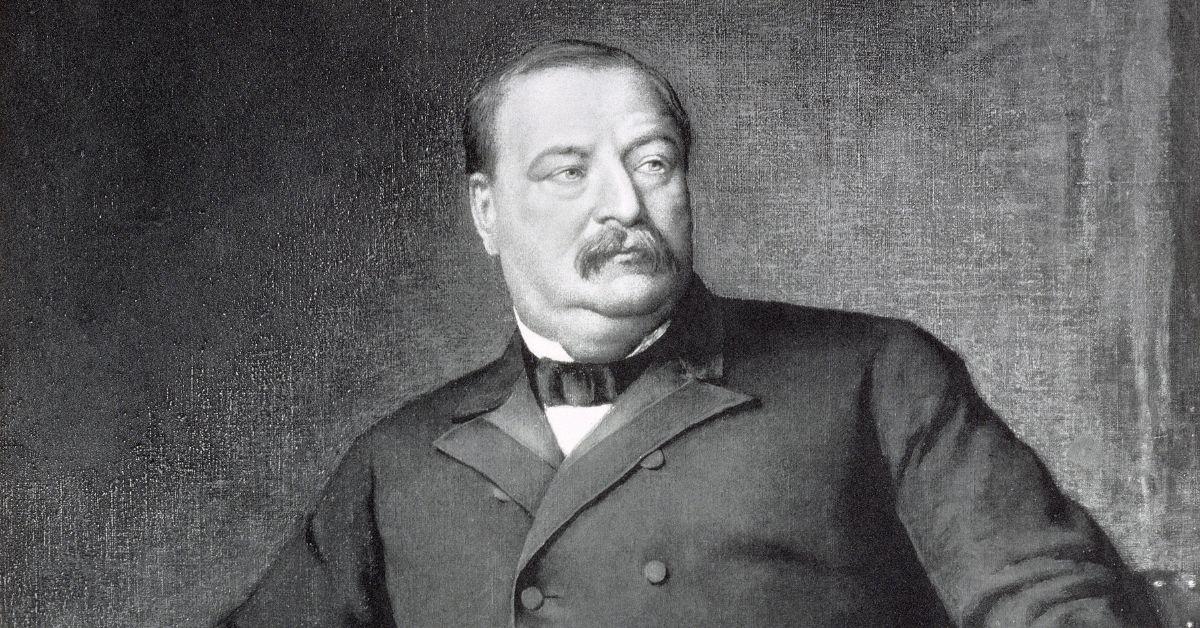
Decades before winning the White House, 37-year-old Grover Cleveland took widowed sales clerk Maria Halpin to dinner at a Buffalo, N.Y., oyster house. Later at her room, she claimed, he raped her. Halpin became pregnant and had a son.
Desperate to save his career from scandal, Cleveland had her locked away in a psycho ward and the baby placed in an orphanage.
Ulysses S. Grant
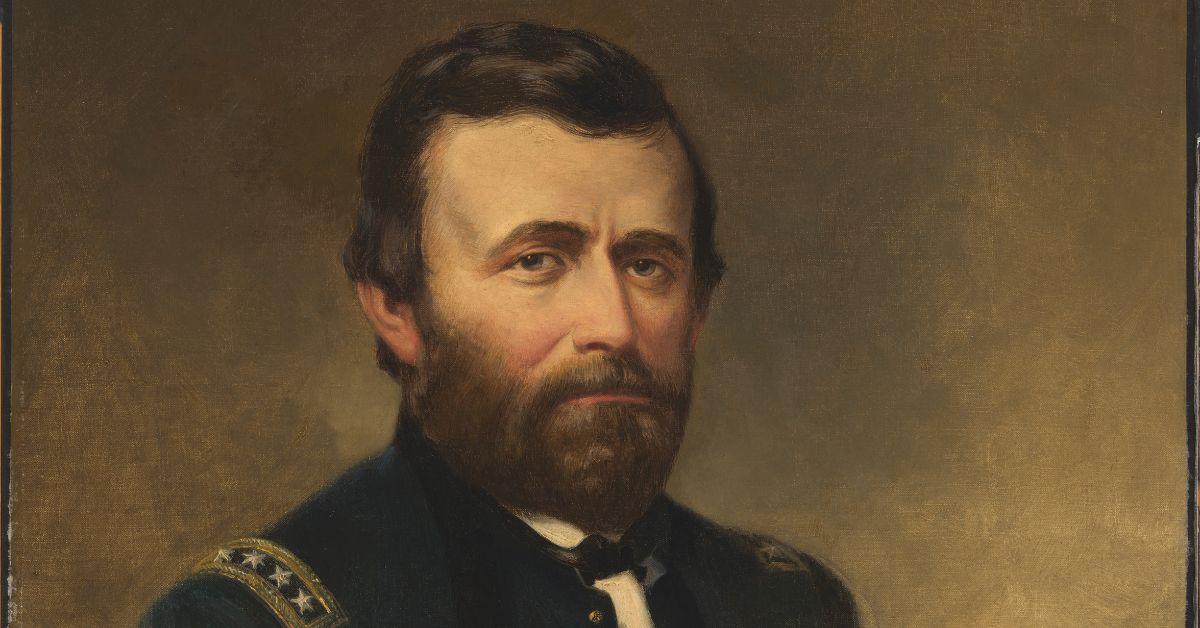
The Whiskey Ring Scandal came during Ulysses S. Grant's second term. Secretary of the Treasury Benjamin Bristow "began to investigate his own department and discovered a scheme by which distillers paid government officials to avoid paying the tax on whiskey."
More than a million dollars — a lot of dough at the time — was recovered by the government as a result of the investigation.
Grant also had a reputation as a drunk. The future Civil War general resigned from the Army in 1854 due to "intemperance." He wrote to his wife and swore he was sober after allegations arose of his being drunk during the Battle of Shiloh.


